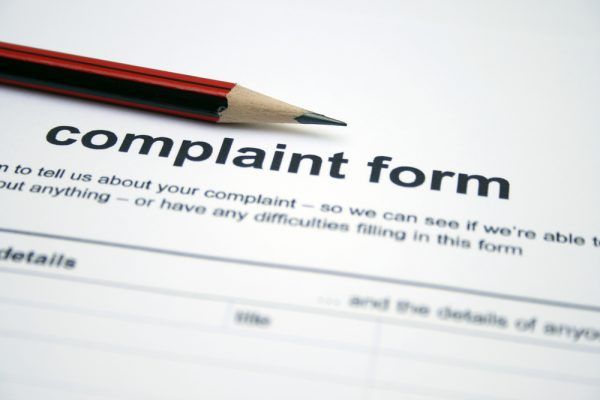What constitutes a workplace complaint?
The Case
McGowan v Direct Mail and Marketing Pty Ltd (2016)On 17 November 2014, Mr McGowan, the Group General Manager of Direct Mail and Marketing Pty Ltd (DMM), was terminated from his employment for poor performance.
Mr McGowan filed a general protections claim in the Federal Circuit Court (FCC) alleging that DMM had taken adverse action against him (by terminating his employment) because he exercised a workplace right, by making a complaint or inquiry about his employment. Mr McGowan asserted that the real reason for the termination was not any alleged poor performance by him.
Mr McGowan’s complaints or inquiries were:
- made to an external HR consultant about Mr McGowan being excluded from important communications, that his role was not required by DMM and that the Managing Director had taken action without consulting him; and
- made during a meeting with the HR consultant and Managing Director about Mr McGowan being “undermined and usurped” by the Managing Director.
DMM argued it had terminated Mr McGowan’s employment because of his poor performance and his “rude and crude conduct”. DMM alleged that the matters raised by Mr McGowan did not constitute workplace complaints or enquiries. However, even if they did, the decision to terminate Mr McGowan had not been for this reason.
The Verdict
The FCC found that DMM had not terminated Mr McGowan because of workplace complaints or enquiries made and that the decision had been based on Mr McGowan’s poor performance.
The FCC held that Mr McGowan’s discussion with the external HR consultant did not constitute a workplace complaint but was a consultation or discussion. The FCC held even if it did constitute a complaint (which the FCC held it did not), the termination of Mr McGowan’s employment did not arise as a result of this discussion.
The FCC held that the discussion Mr McGowan had with the Managing Director and HR consultant in which he alleged his position had been “undermined and usurped” did “constitute the expression of a grievance” and was a workplace complaint or enquiry for the purposes of the adverse action laws. However, once again, the FCC concluded Mr McGowan had not been dismissed because of this complaint.
Lessons
The law surrounding what constitutes a workplace right based on a complaint or enquiry about employment remains uncertain. Some decisions have taken a narrow view, indicating that the complaint or enquiry must stem from the contract of employment or legislation. Other decisions have taken a much broader view. However, the complaint must be in the form of a grievance not simply a discussion or consultation.
Given this uncertainty and the other legal risks that exist (such as unfair dismissal, discrimination and breach of contract claims), when an employee lodges a grievance, an employer should investigate and respond to the grievance. In circumstances where the employee is particularly adamant and upset and you are looking to terminate the employee for other reasons, it is advisable to consider engaging an external organisation to investigate the employee’s grievance. That way, you maintain impartiality in the investigation process.
If you are seeking to terminate an employee who has lodged a grievance, you must be careful to ensure that the reason for that termination is not based on the fact such a grievance has been lodged. If the termination is due to poor performance or conduct, there should be evidence of performance management, warning letters or incidences, which support the termination on this basis.
Please note: Case law is reported as correct and current at time of publishing. Be aware that cases in lower courts may be appealed and decisions subsequently overturned.
Get the latest employment law news, legal updates, case law and practical advice from our experts sent straight to your inbox every week.

